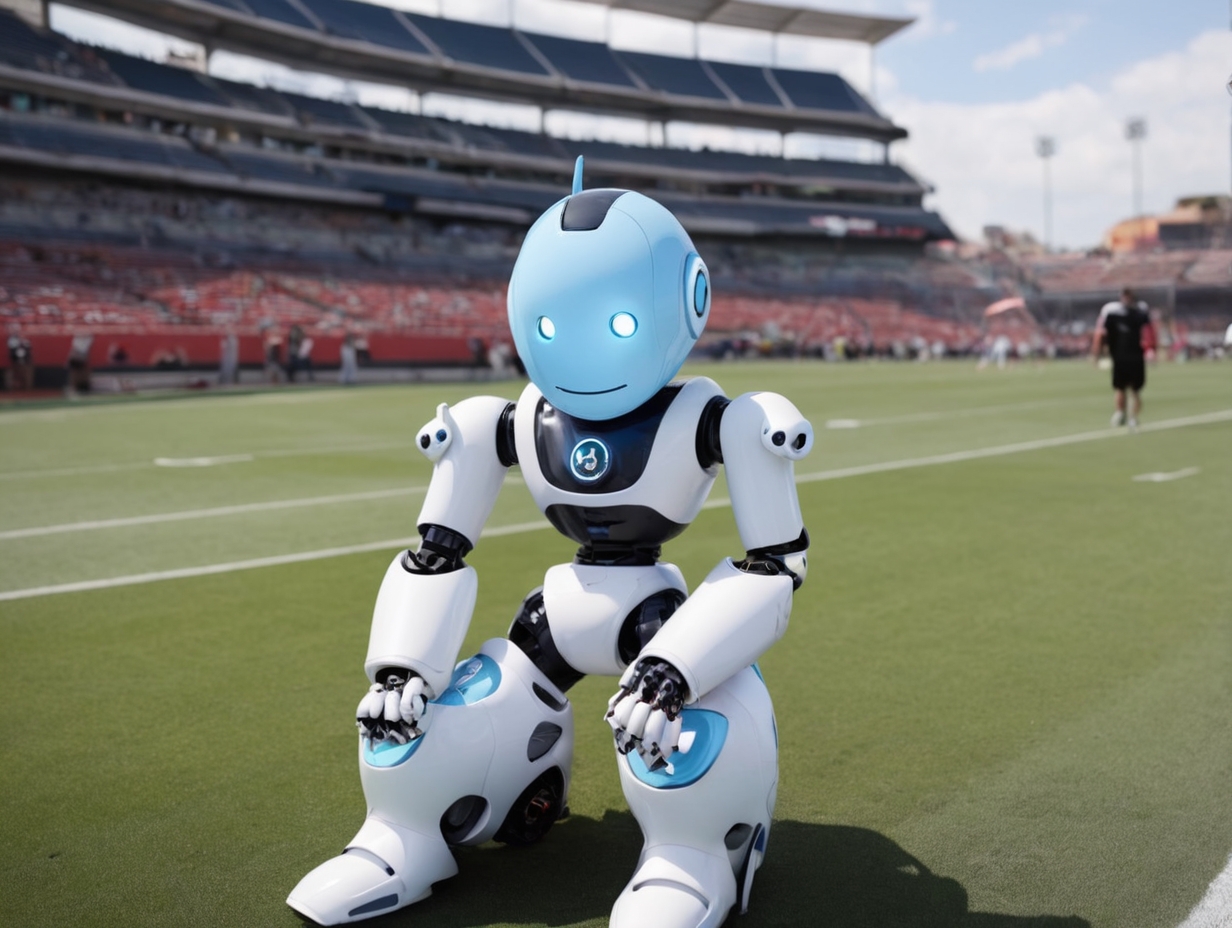In a groundbreaking move, the latest addition to the coaching staff for a prominent sports team isn’t a seasoned veteran or a former player; it’s an AI chatbot. This decision marks a significant shift in the world of sports, where human intuition and expertise have traditionally guided crucial decisions. With the influx of data and the complexity of modern sports analytics, teams are turning to artificial intelligence to gain a competitive edge.
Redefining strategy with AI
In the high-stakes scenario of a critical game, where split-second decisions can make or break a team’s fortunes, coaches are under immense pressure to make the right call. With the introduction of an AI chatbot as an assistant coach, teams now have access to a wealth of data-driven insights and analysis to inform their strategies.
Gone are the days when gut feelings and instincts were the sole drivers of decision-making on the sidelines. The AI chatbot processes vast amounts of data, ranging from player statistics to historical game outcomes, to provide real-time recommendations tailored to specific game situations. Whether it’s determining the optimal play call or identifying potential mismatches on the field, the AI assistant offers invaluable guidance to coaches in the heat of the moment.
Embracing technology in sports
While the integration of artificial intelligence into sports may raise eyebrows among traditionalists, it reflects the evolving landscape of athletics in the digital age. As technology continues to advance, teams are embracing innovative solutions to gain a competitive edge and maximize performance. From wearable devices tracking player metrics to virtual reality simulations for training, the intersection of sports and technology is reshaping the way athletes and coaches approach the game.
As AI technology continues to evolve and improve, its role in sports coaching is likely to expand further. While some may view the integration of AI as a departure from the essence of sportsmanship, others see it as a natural progression toward leveraging data and technology to enhance performance. Ultimately, the success of AI in sports coaching will depend on its ability to complement and augment the expertise of human coaches, rather than replace them entirely.
The introduction of an AI chatbot as an assistant coach represents a paradigm shift in the world of sports strategy. By harnessing the power of data and artificial intelligence, teams are poised to make more informed decisions and gain a competitive edge on the field. While the concept may challenge traditional notions of coaching, it underscores the importance of embracing technology to drive innovation and excellence in sports. As the integration of AI continues to unfold, the future of sports coaching promises to be both dynamic and transformative.





